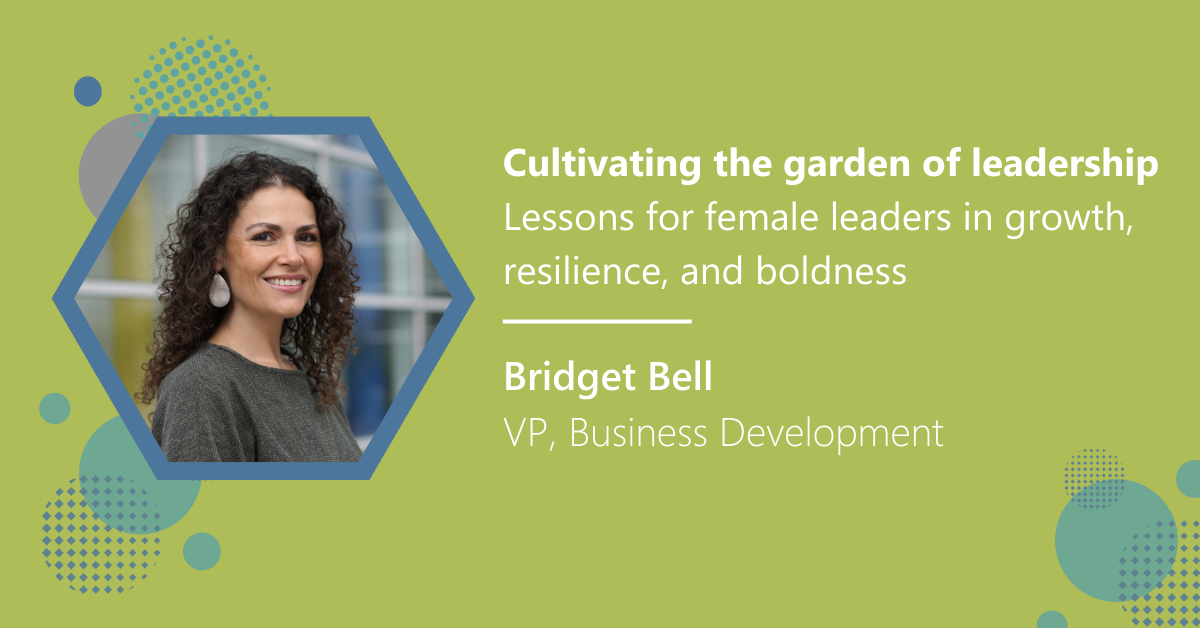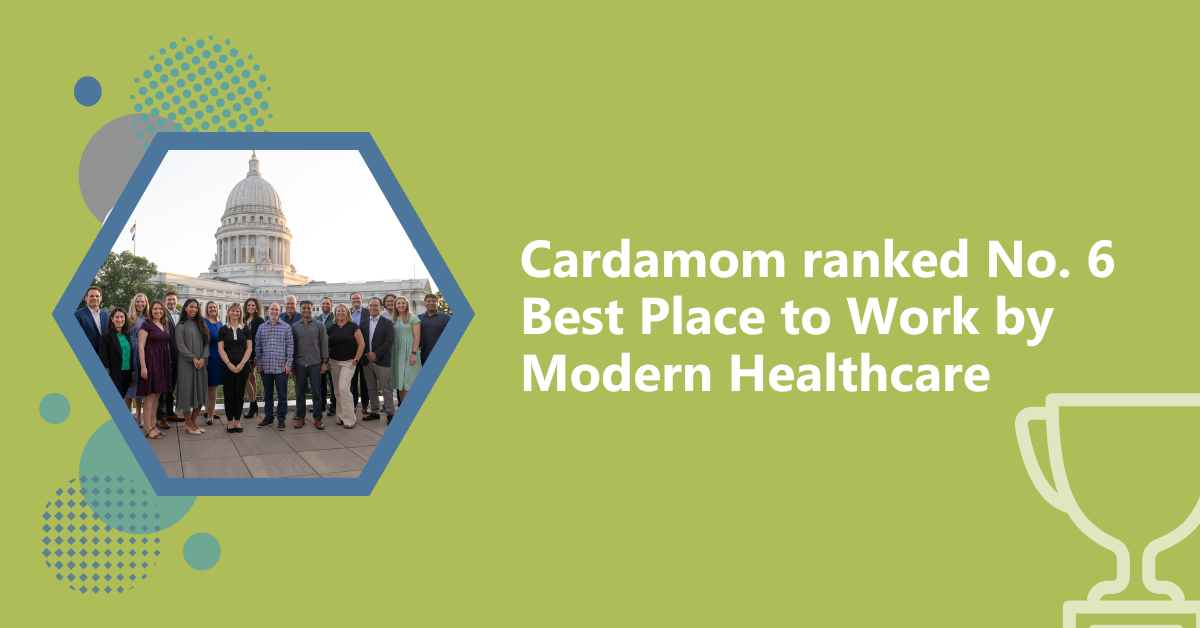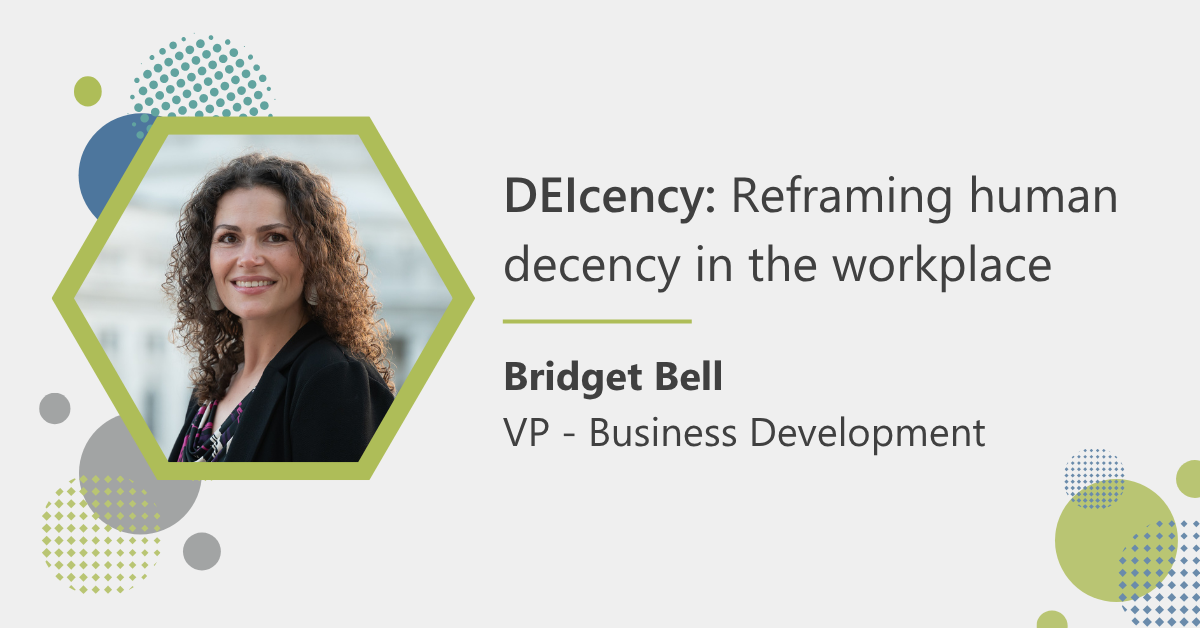 Did you make New Year’s resolutions this year? I didn’t. To be transparent, the process just doesn’t work for me. The last resolution I kept was to floss my teeth six days a week (not seven, never seven, everyone needs a break sometimes). If something is important enough to make it a huge focus for the year, it‘s probably important enough to start now. On the other hand, a lot of people are fans of the approach to try to be 1% better each day. This concept relies on the idea that the 1% change you make will compound each day into something bigger over time. I especially love this concept for daily improvement, but also for goals that seem too big to attack all at once, like learning a new language or Marie Kondo-ing your house.
Did you make New Year’s resolutions this year? I didn’t. To be transparent, the process just doesn’t work for me. The last resolution I kept was to floss my teeth six days a week (not seven, never seven, everyone needs a break sometimes). If something is important enough to make it a huge focus for the year, it‘s probably important enough to start now. On the other hand, a lot of people are fans of the approach to try to be 1% better each day. This concept relies on the idea that the 1% change you make will compound each day into something bigger over time. I especially love this concept for daily improvement, but also for goals that seem too big to attack all at once, like learning a new language or Marie Kondo-ing your house.
Only 9% of people keep their New Year’s resolutions long term. So, it’s probably not a coincidence that according to Gallup, only 14% of employees strongly agree that their performance reviews inspire them to improve. If we can’t even keep our annual resolutions that we set ourselves, then why do companies keep insisting that we have annual performance reviews? And why are performance reviews done annually with outdated or irrelevant feedback? We’ve asked ourselves these questions at Cardamom Health and our conclusions couldn’t be clearer. Team members and managers both dread annual performance reviews, and the annual rush of work and effort to write them. It’s time to do things more like we strive to do in our personal lives – by embedding the performance development cycle into our daily thoughts and actions. But how?
- First, ensure feedback is a part of your culture and built into your weekly interactions between team members and their managers. Teach managers to have meaningful conversations about development. But also focus on feedback between team members, especially the kind that isn’t anonymous. Why not anonymous? Because it discourages people to share feedback directly and in real time. The main reason companies do use anonymous feedback is to allow people to speak freely without retribution. But if retribution is feared, there’s like a culture issue that needs to be addressed first.
- Move to quarterly or monthly performance “check-ins’ vs. an annual process. Worried about how that affects merit raises or bonuses since those are determined on an annual basis? Don’t you want your management team more aware of their team members’ performance on a monthly basis than surprised at an annual rating or calibration meeting? Some studies show that one reason employees fear annual reviews is because of the tie to raises. Consider decoupling the two and see how that affects attitudes towards the performance development process! If you’re worried that could make merit raises more biased or not equitable, it’s worth noting that reviews are inherently biased and even self-assessments can be more disingenuous if they’re tied to raises. Goals should never be tied to merit, as the purpose of goals is to align everyone’s work with the company’s mission and vision. And they aren’t incentivized to be ambitious if they’re tied to compensation. And don’t even get me started on arbitrary forced rating curves which encourage managers to keep poor performers and discourage teamwork just to force competition.
- Change your language. Use performance development instead of management. You can try “check-in” instead of “review” if it feels right. The real goal of the process is to develop people, not just review or manage them. You’ll know what language aligns best with your company’s culture.
- Make sure you include wellness checks at least monthly. Employee development is intertwined with employee wellness, so having team members rate how they feel about their workload, feedback, and connection to your company’s mission and vision, can help identify places you can help. You can also ask for company feedback in that meeting as well.
In reevaluating the traditional approach to annual performance reviews, the key lies in fostering a culture of continuous improvement. By integrating feedback seamlessly into daily interactions, transitioning to more frequent performance check-ins, and emphasizing employee wellness, you can create a dynamic and forward-thinking environment at your organization. Let's move away from the constraints of annual resolutions and static reviews, and instead, embrace a holistic approach that not only develops individuals but also nurtures a workplace culture that thrives on constant growth and collaboration. After all, true progress often begins with the small, consistent steps we take each day.
New Year's Resolutions Statistics and Trends [2023] (driveresearch.com)
Should Compensation Be Tied to Performance Reviews? (leapsome.com)








